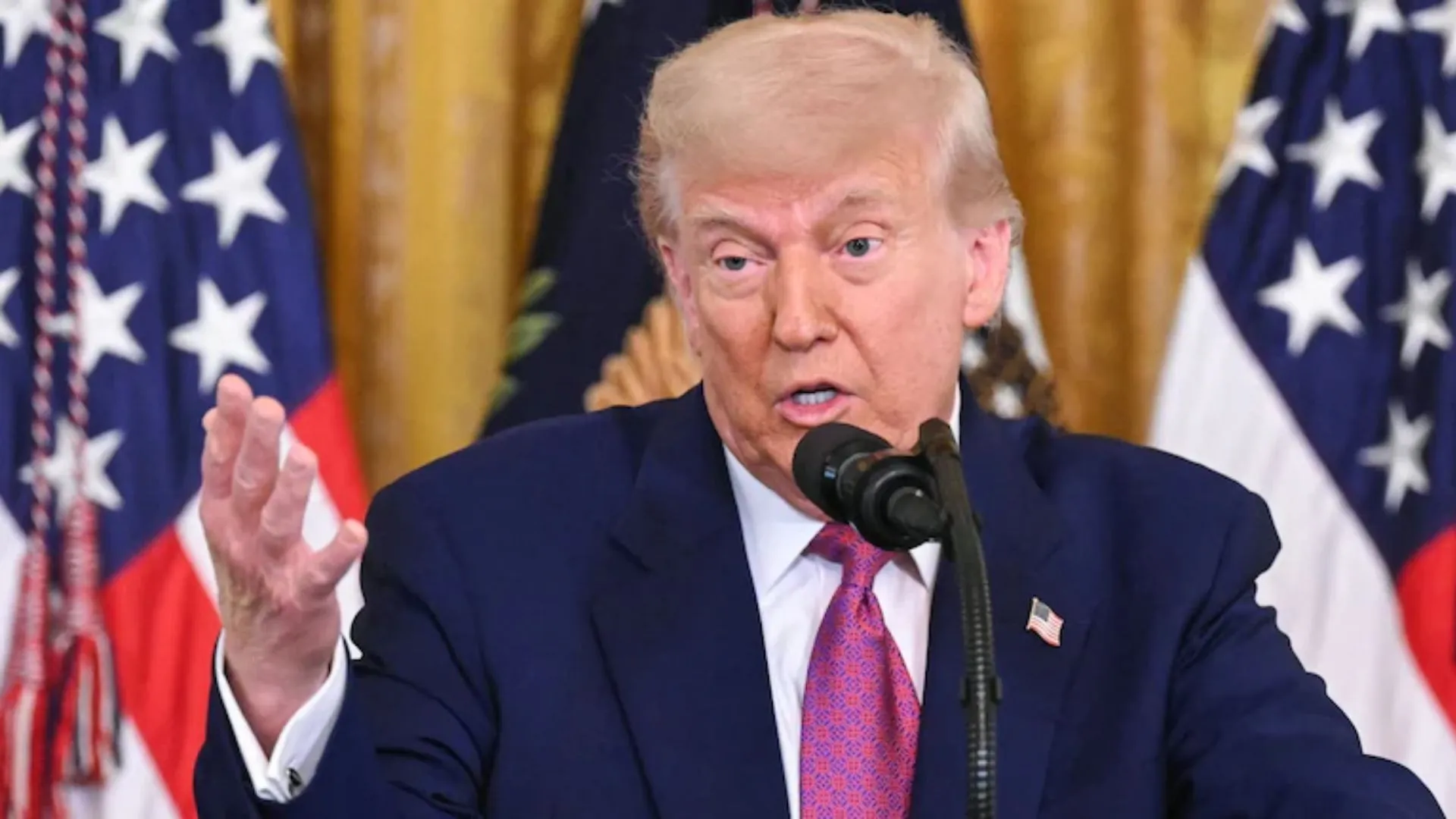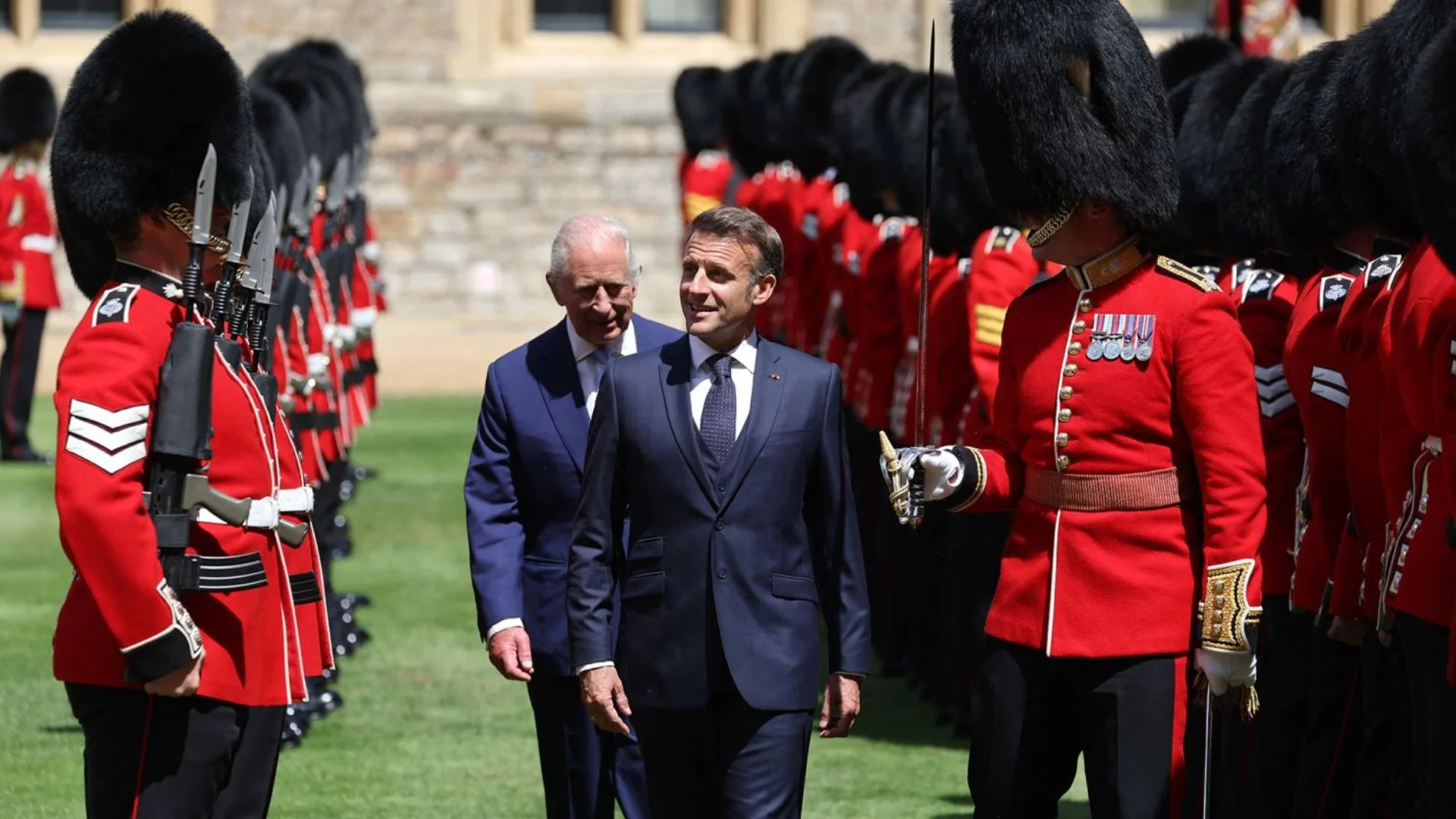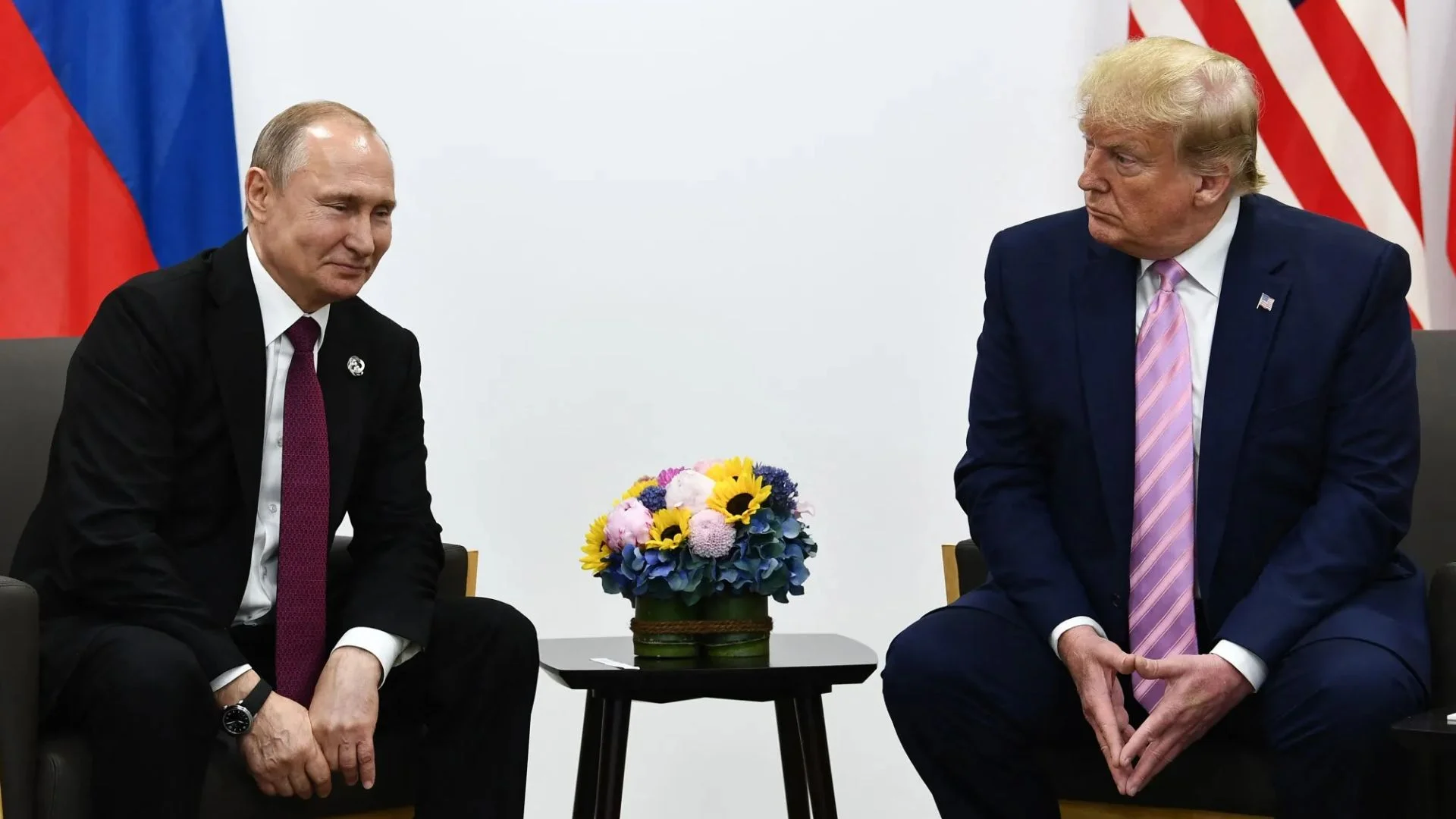The EU has signed off on Donald Trump’s suggested 10% blanket tariff proposal on exports, but subject to tough conditions. Brussels insists that the United States exempts vulnerable European industries such as pharmaceuticals, booze, semiconductors, and business jets.
The action is a reluctant but calculated move by the EU, which stands to lose a sharp 50% tariff on all its exports to the US unless an agreement is reached within seven days. Though the deal is marginally in Washington’s favor, EU officials feel it’s worth it.
Brussels Seeks Fair Play in Trade
The European Union’s trade regulator, the European Commission, plans to take advantage of the deal to gain tariff concessions. It has insisted on transparency regarding current and future US tariffs. The EU trade commissioner, Maros Sefcovic, will visit Washington this week to advance negotiations. The bloc needs to understand where the US is on sensitive sectors before signing terms.
Though Trump maintains that the universal tariff would reduce complexity in trade and favor US manufacturing, the EU perceives risks of mounting tensions and damaging transatlantic relations.
Sensitive Sectors Remain Top Priority
The EU is demanding protection for sectors that may be hurt under the flat tariff regime. Cars and auto components are threatened with a looming 25% US tariff, steel and aluminium may face a 50% rate.
Brussels has warned these would risk thousands of jobs in Europe. The bloc is responding by seeking quotas and exemptions in an effort to mitigate the damage and save jobs in sensitive sectors.
Countermeasures Already in Place
To get ready for a worst-case scenario, the EU has approved tariffs on €21 billion of American products. They include politically sensitive shipments such as Louisiana’s soybeans—House Speaker Mike Johnson’s home state—poultry, motorcycles, and other agricultural products.
The bloc has also reserved another €95 billion of retaliatory tariffs. These will be levied on US automobiles, bourbon, industrial products, and Boeing planes if Washington imposes its own high levies.
Negotiations are ongoing, but the EU’s approval is not a blank cheque. It depends on definite US undertakings and respect for sectoral sensitivities by both sides. With the deadline approaching, both sides need to juggle domestic pressures with a desire to maintain an important economic relationship.






















